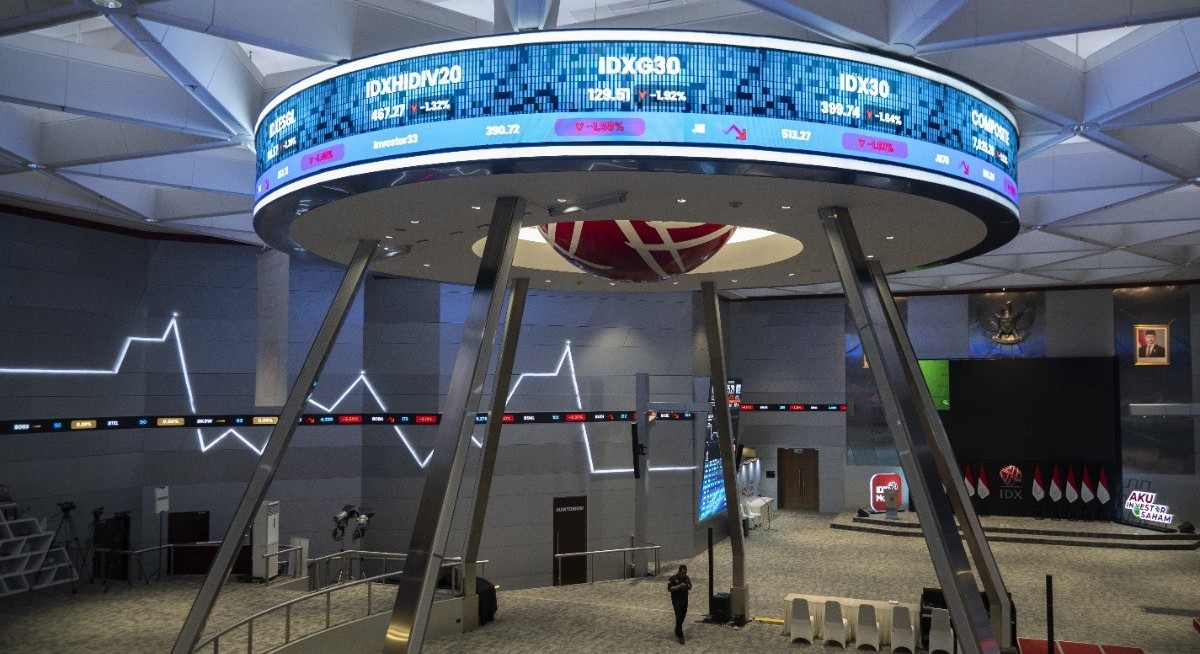(Oct 27): Indonesian stocks tumbled by the most in over six months after an MSCI Inc consultation paper raised concerns about a potential re-weighting of local shares.
The document seeks feedback on how to estimate the free float of Indonesian securities — a measure of shares available for public trading in the open market. The proposed changes to free-float calculation may reduce the index weight of some companies.
The benchmark Jakarta Composite Index fell as much as 3.8%, the biggest slide since April 8. The biggest drags on the gauge include PT Dian Swastatika Sentosa and PT Barito Renewables Energy, the former of which was named as a security that would be impacted by the changes.
The proposal, if enacted, “would make it harder for Indonesian stocks to get into the MSCI Index,” said Aldo Perkasa, head of research at PT Trimegah Sekuritas Indonesia. “The market seems to doubt if tycoon-related stocks, like Barito Renewables Energy, would be able to be included in the index.”
Local companies are generally required to disclose shareholders owning a stake of 5% or more, though data collection methods may vary. MSCI has proposed broadening the definition of free float for local companies, according to its paper, which could lead to lower index weightings given the compiler employs a free float-adjusted market capitalisation methodology.
See also: Cambodia and Thailand to disarm their border after Trump’s peace deal
Indonesian stocks make up about 1.1% of the MSCI Emerging Markets Index as of end-September.
The topic has stirred debate among investors in recent years, as many of the country’s biggest stocks have relatively low free-float ratios. Indonesia has the highest proportion of stocks on the benchmark index with a free float of less than 10% compared with Southeast Asian peers, according to Bloomberg-compiled data.
It was not immediately clear when the report, which was dated September 2025, was released. Some analysts said the note was only circulated to the investment community on Monday, which may have been used as a reason to take profit after the benchmark JCI notched its best five days since August last week.
See also: How will America impact Southeast Asia?
For some, the episode highlights the volatility of Indonesia’s market — one of the most turbulent in the region. Earlier this year, several stocks including Barito and Petrindo Jaya Kreasi plunged after MSCI said there were no plans to include them in its Indonesia investable market index.
“That episode still sits fresh in traders’ minds, so participants are selling first and waiting for clarity later,” said Tareck Horchani, head of prime brokerage dealing at Maybank Securities in Singapore.





